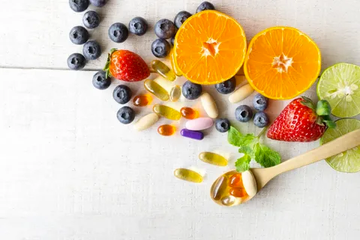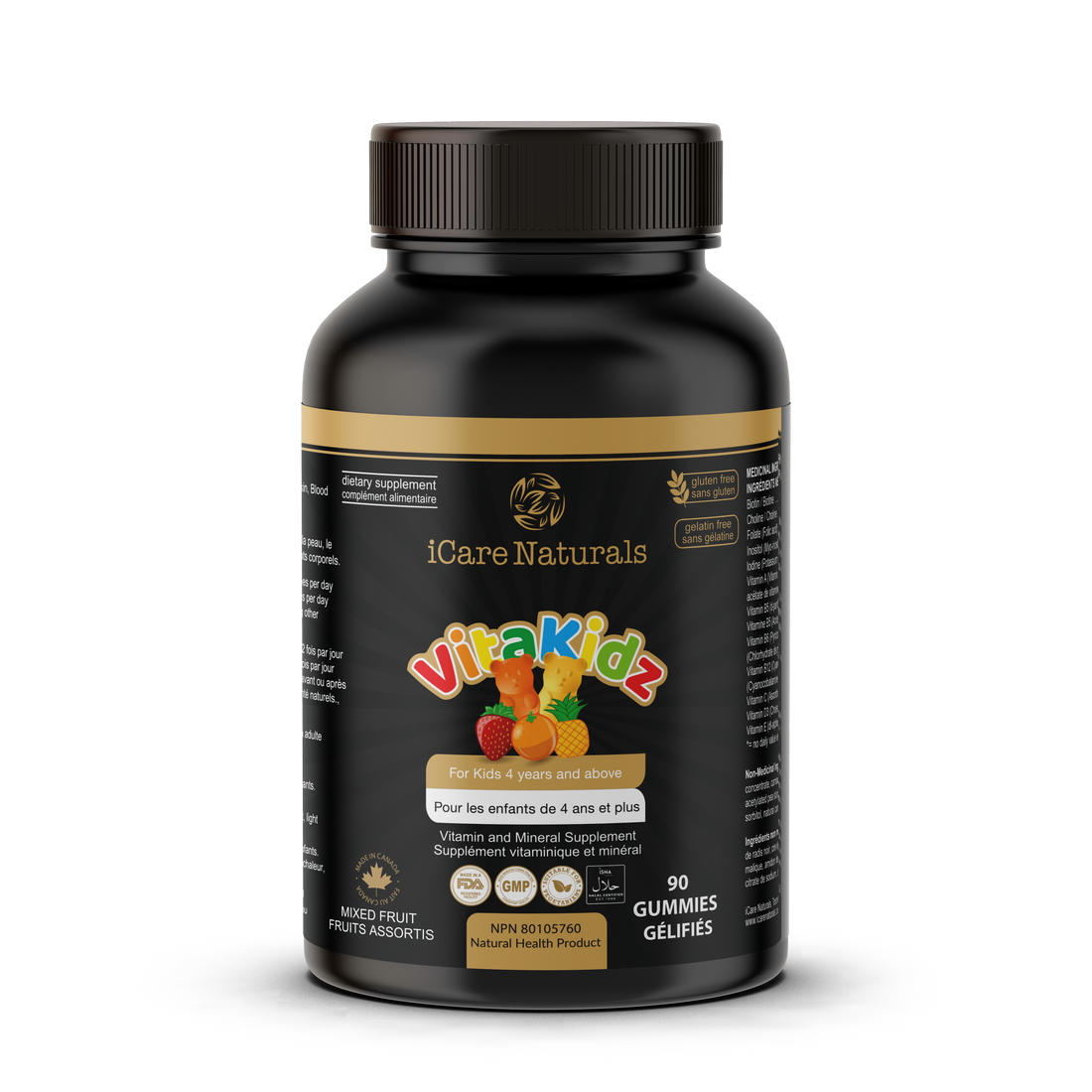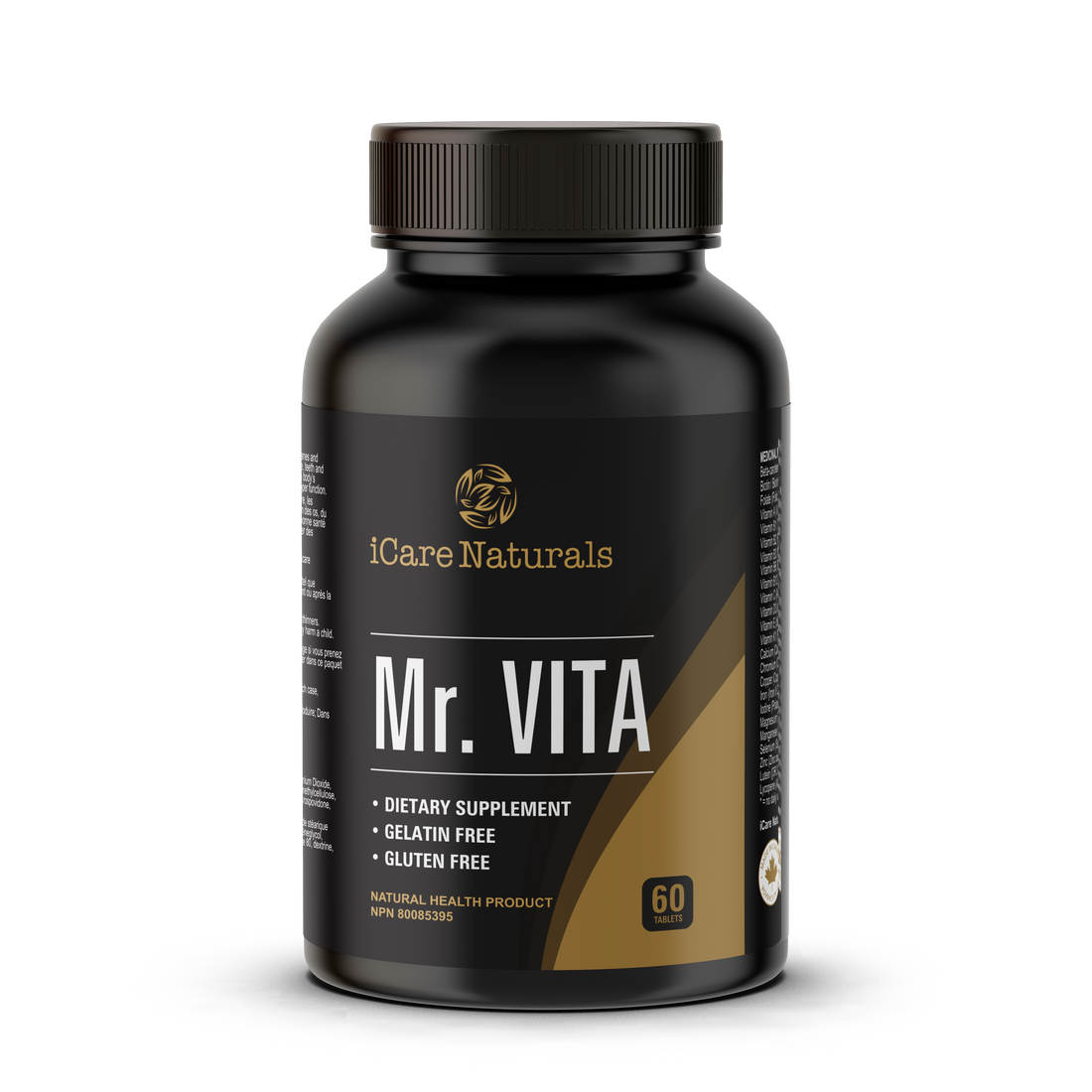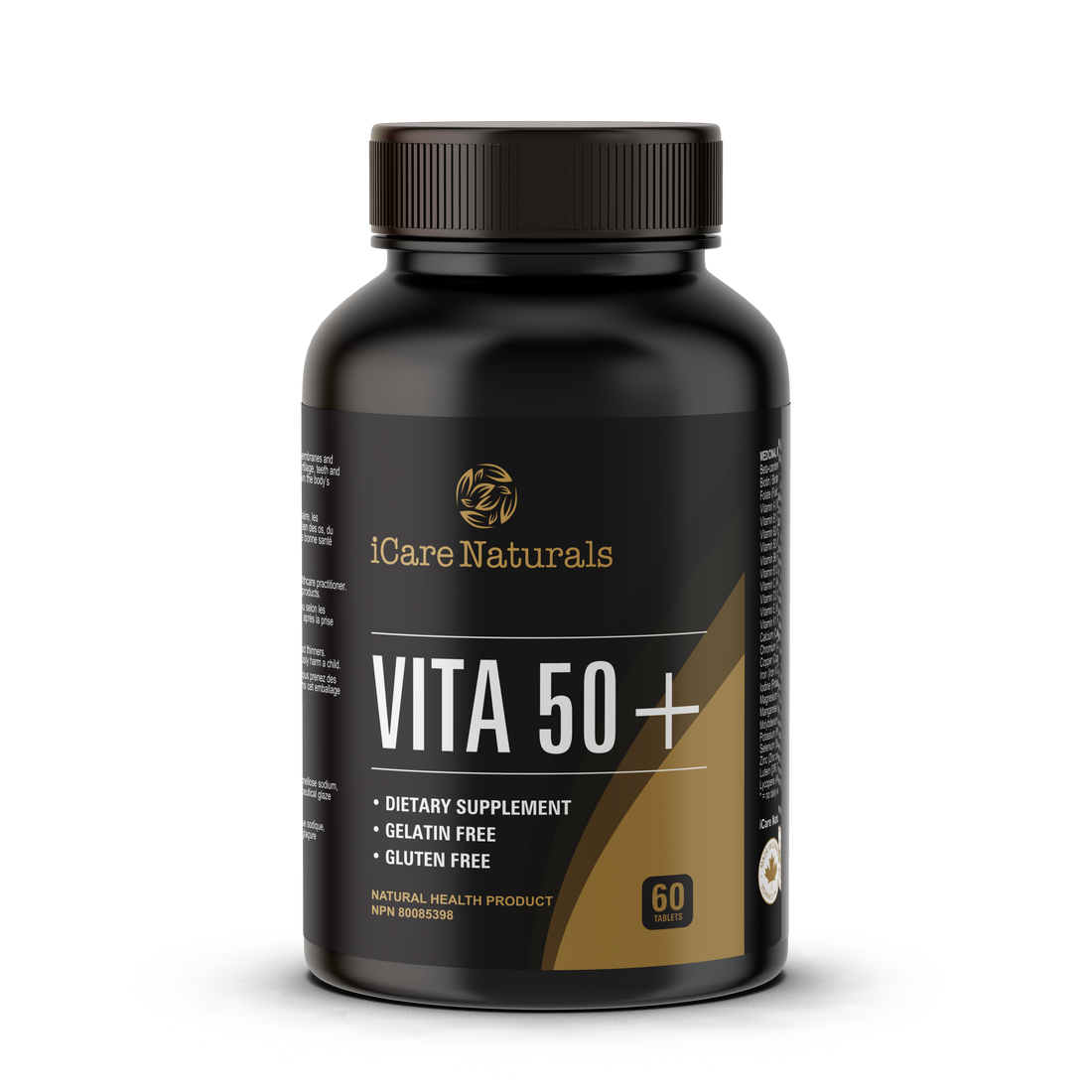Multivitamins play a basic and essential role in maintaining overall health, including eye health. The eyes require a steady supply of essential nutrients to function properly and prevent age-related eye diseases. Vitamins such as Vitamin A, Vitamin C, Vitamin E, and the B-complex vitamins, such as B1, B2, B6, and B12, are all important for eye health.
Vitamin A: helps maintain the health of the cornea and retina
Vitamin A plays a crucial role in maintaining the health of the cornea and retina by forming a pigment called rhodopsin in the rods of the retina. This pigment is essential for low-light vision and helps the eyes to adjust to changes in light levels. Additionally, Vitamin A helps keep the cornea (the clear outer layer of the eye) moist and prevents it from becoming dry and irritated. A lack of Vitamin A can lead to night blindness and an increased risk of eye infections.
Vitamin C: helps protect the eyes from damage caused by oxidative stress
Vitamin C, also known as ascorbic acid, is a powerful antioxidant that helps protect the eyes from damage caused by oxidative stress. Oxidative stress is caused by the presence of free radicals, which can damage cells and lead to the development of eye diseases such as cataracts and age-related macular degeneration. Vitamin C helps neutralize these free radicals, preventing damage to the delicate tissues in the eye and preserving overall eye health. Furthermore, Vitamin C is essential for the production of collagen, which helps maintain the structure of the cornea and sclera (the white of the eye).
Vitamin E: also helps protect the eyes from oxidative stress
Vitamin E, like Vitamin C, is a potent antioxidant that helps protect the eyes from oxidative stress. It works by neutralizing harmful free radicals that can damage cells in the eye and contribute to the development of eye diseases such as cataracts and age-related macular degeneration. Vitamin E also helps protect the delicate tissues in the eye from damage caused by environmental factors such as ultraviolet (UV) light and high-energy blue light. Additionally, Vitamin E has anti-inflammatory properties, which can help reduce eye inflammation and improve eye health.
B-complex vitamins (B1, B2, B3, B6, and B12)
Help maintain the health of the eye's nerves and blood vessels. The B-complex vitamins (B1, B2, B3, B6, and B12) play important roles in maintaining the health of the eye's nerves and blood vessels.
- B1 (thiamine) helps regulate the metabolism of glucose and is necessary for proper nerve function.
- B2 (riboflavin) is important for maintaining the health of the cornea and helps prevent cataracts.
- B3 (niacin) helps improve blood circulation, which is essential for maintaining healthy blood vessels in the eye.
- B6 (pyridoxine) is important for the metabolism of neurotransmitters and helps maintain proper nerve function.
- B12 (cobalamin) helps maintain the health of the optic nerve and reduces the risk of developing age-related macular degeneration.
These B-complex vitamins work together to support the overall health of the eye's nerves and blood vessels, which are crucial for maintaining good vision. A lack of these vitamins can lead to a variety of eye problems, including vision loss and eye diseases.

Folate (B9)
It plays a role in eye development and reduces the risk of age-related eye diseases. Folate, also known as Vitamin B9, plays a crucial role in eye development and reducing the risk of age-related eye diseases. During pregnancy, adequate levels of folate are important for the proper development of the retina and optic nerve.
In adulthood, folate helps reduce oxidative stress and inflammation, which are risk factors for age-related eye diseases such as cataracts and age-related macular degeneration. Folate also helps maintain healthy blood vessels in the eye, which is essential for proper eye function. Adequate intake of folate can help maintain overall eye health and reduce the risk of developing eye diseases later in life. It is important to include foods high in folate in your diet, such as leafy green vegetables, beans, and citrus fruits, or consider taking a folate supplement as recommended by a healthcare professional.
Zinc
It helps protect against vision loss and is necessary for the retina to function properly.
Zinc is an essential mineral that plays a crucial role in eye health and helps protect against vision loss. In the eye, zinc is necessary for the retina to function properly and is involved in the metabolism of Vitamin A, which is important for low-light vision and maintaining the health of the retina. Zinc is also a powerful antioxidant that helps protect the eye from damage caused by oxidative stress and inflammation. It helps neutralize harmful free radicals that can damage cells in the eye and contribute to the development of eye diseases such as cataracts and age-related macular degeneration.
Additionally, zinc is involved in the production and maintenance of the proteins in the eye that help protect against UV light damage. Adequate intake of zinc can help maintain overall eye health and reduce the risk of developing eye diseases later in life. Foods high in zinc include oysters, red meat, poultry, beans, and nuts. It is important to talk to a healthcare professional before starting a zinc supplement.
Lutein and zeaxanthin
It protect against damage from blue light and age-related macular degeneration. Lutein and zeaxanthin are two carotenoids that play important roles in eye health, particularly in protecting against damage from blue light and age-related macular degeneration.
In the eye, lutein and zeaxanthin concentrate in the macula, a part of the retina responsible for central vision. They form a yellow pigment known as macular pigment that helps filter out harmful blue light and protect the delicate cells in the macula from oxidative stress and damage.
Studies have shown that higher levels of lutein and zeaxanthin in the diet can help reduce the risk of age-related macular degeneration, one of the leading causes of vision loss in the elderly. Lutein and zeaxanthin can be found in foods such as leafy green vegetables, egg yolks, corn, and oranges. They can also be obtained through dietary supplements, although it is important to talk to a healthcare professional before starting any new supplement.










